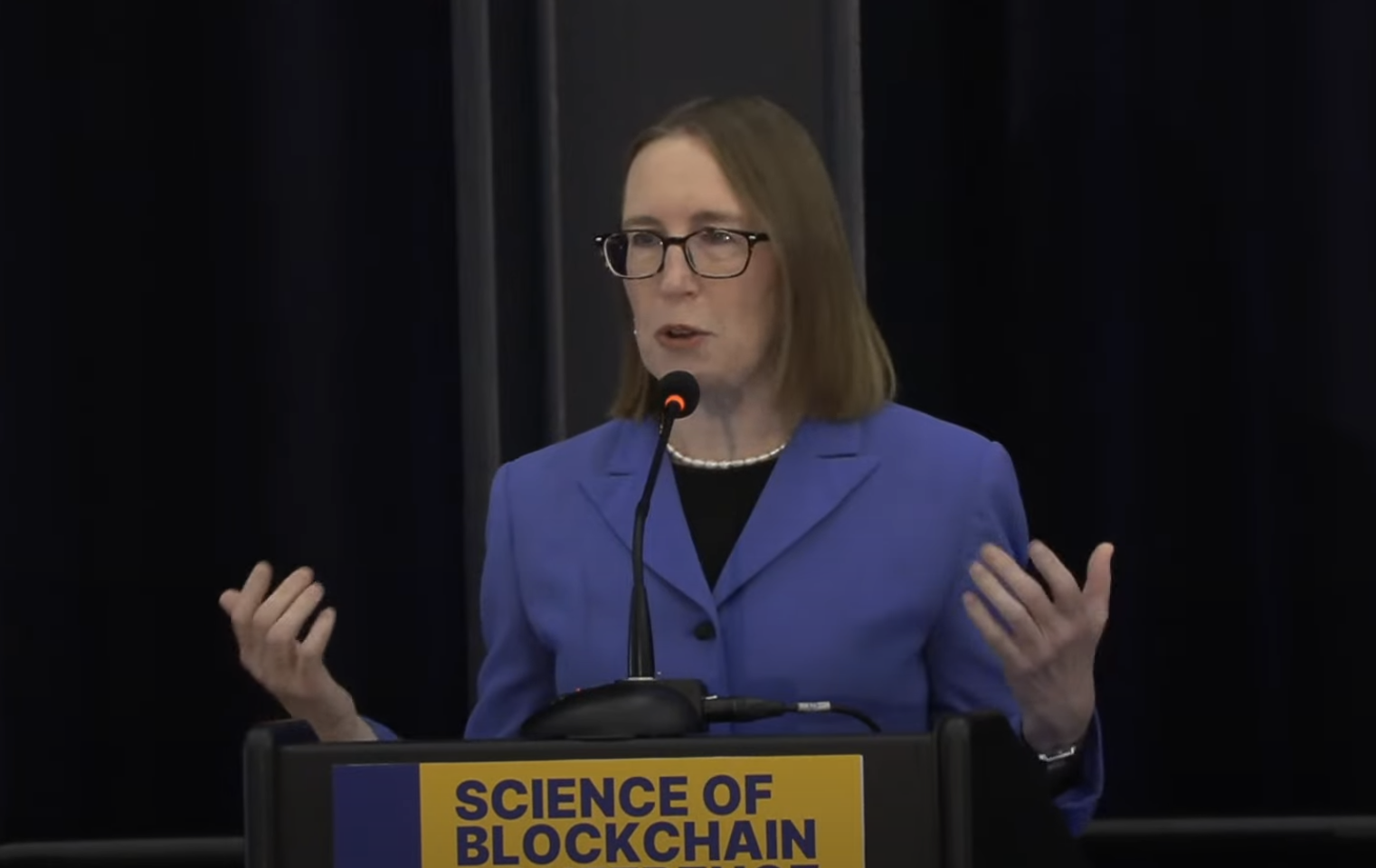Tornado Cash Verdict: Co-Founder Roman Storm Found Guilty of One Charge



In a landmark decision with far-reaching implications for the crypto and decentralized finance (DeFi) communities, Roman Storm, co-founder of the crypto mixer Tornado Cash has been found guilty of a single felony charge following a high-profile trial.
Storm was indicted in August 2023 on three felony charges and faced a maximum of 45 years in prison if convicted on all counts. With the jury's decision, he now faces a maximum sentence of five years for the unlicensed money transmitting business charge.
The jury, after four days of deliberation in a Manhattan federal court, convicted Storm of conspiracy to operate an unlicensed money transmitting business. However, they were unable to reach a unanimous decision on the more severe charges of conspiracy to commit money laundering and conspiracy to violate U.S. sanctions.
This split verdict is a mixed bag for both the prosecution and the crypto community. While Storm's conviction on the money transmitting charge is a victory for the Department of Justice, the deadlocked jury on the other two counts is a partial reprieve for a community that has watched the case with bated breath.
The case centered on whether the developers of Tornado Cash were responsible for how the privacy mixer was used.
The prosecution argued that Storm and his co-founders knowingly built, operated and profited from a service that was primarily used by criminals, including the notorious North Korean hacking group Lazarus Group, to launder stolen funds.
Meanwhile, Storm maintained that Tornado Cash is simply a piece of open-source software and that developers had no control over how individuals used open-source code. They argued that a developer should not be held legally liable for the actions of a third party using their code, a position that many in the crypto community believe is crucial for the future of decentralized protocols and privacy tools.
Following the verdict, U.S. Attorney Jay Clayton issued a statement claiming that Storm "provided a service for North Korean hackers and other criminals to move and hide more than $1 billion of dirty money.”
A Troubling Precedent for DeFi and Privacy
The verdict has sent a ripple of concern through the crypto and legal world. The fear is that a developer could be prosecuted for creating non-custodial tools that is later used for illegal purposes, even if they have no direct involvement in the illicit activity and do not control user funds.
Roman Storm, co-founder of Tornado Cash, was convicted today for "unlicensed money transmission" under 18 U.S.C. § 1960.
— Sasha Hodder (@sashahodler) August 7, 2025
This sets a wrong and dangerous precedent that needs to be overturned.
While Storm avoided the most severe charges, the conviction for operating an unlicensed money transmitting business raises serious questions about the legal liability of open-source software developers. For many in the crypto space, this verdict signals that the development of privacy-enhancing tools is now a legally perilous undertaking in the United States.
The government should never have brought this case.
— Jake Chervinsky (@jchervinsky) August 6, 2025
Section 1960 should not apply to the developer of a non-custodial protocol who lacks control of user funds.
This case should go up on appeal. Hopefully the Second Circuit will correct this (and many other) errors in the case.
Although a U.S. appeals court had previously affirmed that Tornado Cash's immutable smart contracts could not be sanctioned , the prosecution of its founders ( Tornado Cash's other co-founder, Alexey Pertsev, was convicted in the Netherlands), demonstrates a new legal strategy by authorities: targeting the individuals behind the code, not just the code itself.
The fight is not over, as Storm's legal team has already indicated they will appeal the conviction. The outcome of that appeal will be closely watched, as it could have lasting effects on the legal standing of open-source developers worldwide and determine if there is a line between building decentralized technology and facilitating crime.

Bitcoin Climbs Above $115,000 Amid ETF Inflows Rebound
Your daily access to the backroom....

Inside Upexi: How a Consumer Products Company Became Crypto's Next Big Bet
Chief Strategy Officer Brian Rudick explains why the company chose SOL over Bitcoin, how convertible...

SEC's Hester Pierce Champions Financial Privacy in Rousing Speech
"Key to a person’s dignity is her ability to decide to whom she will reveal information about hersel...

